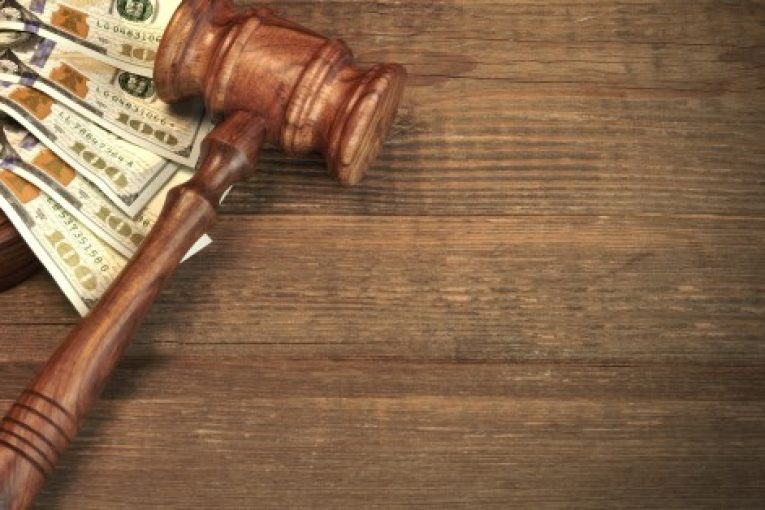

By Carlin Ross
In a nationwide survey analyzing criminal justice system, an overwhelming majority of Americans support the suspension of collecting fines and fees until the pandemic comes to a halt, according to a bipartisan research team – California-based Democratic FM3 Research and DC-based Republican American Viewpoint.
Fines are a monetary punishment imposed on conviction and intended to deter crime. Fees, on the other hand, raise revenue for the criminal justice system and are often automatically imposed by the courts.
According to the poll, “four of five Americans support delaying fine and fee collection during the coronavirus pandemic.”
That’s 82 percent of U.S. voters.
Additionally, 80 percent of voters support reducing or replacing fines for minor violations, 74 percent believe non-criminals should participate in paying for the justice system, 79 percent believe government revenue shouldn’t depend on fines and fees, and a majority of voters (45 percent to 51 percent) oppose debt-based driver’s license suspensions.
Lisa Foster, Co-Director of the Fines and Fees Justice Center, believes “these results show that fines and fees reform isn’t just the right thing to do, it’s also the politically smart thing  to do.” She adds, “voters want action — and elected officials would be wise to pay attention.”
to do.” She adds, “voters want action — and elected officials would be wise to pay attention.”
“Since 2008,” according to the Brennan Center For Justice, “almost every state has increased criminal and civil court fees or added new ones, and the categories of offenses that trigger fines have been expanded.”
In North Carolina alone, for example, 52 separate fees are collected to be distributed to four state agencies and 611 counties. This influx in fees ranges anywhere from minor traffic and municipal code violations to misdemeanors and felonies.
Many studies go to show these fines and fees not only extract billions of dollars from our communities but also target more vulnerable and marginalized groups, with fewer means to pay.
However, in 2020, 12 politically different U.S. states have recently passed reforms to end debt-based driver license suspension and alleviate the pressures of fines and fees in response to the COVID-19 economic crisis.
“These reforms represent significant steps toward scaling back economic and racial inequality throughout the U.S.,” said Joanna Weiss, co-director of the Fines and Fees Justice Center.
“When jurisdictions rely on police and judges to generate revenue through fines and fees, it’s a lose-lose situation for both residents and their government,” she concluded.
Many expect President-Elect Joe Biden’s platform to include fines and fees reform, as Vice President-Elect Kamala Harris continues to sponsor the federal Driving for Opportunity act, to incentivize states to end debt-based driver’s license suspensions.
 Carlin Ross is a senior at Santa Clara University who double majors in English and philosophy. She’s originally from Bozeman, Montana.
Carlin Ross is a senior at Santa Clara University who double majors in English and philosophy. She’s originally from Bozeman, Montana.
To sign up for our new newsletter – Everyday Injustice – https://tinyurl.com/yyultcf9
Support our work – to become a sustaining at $5 – $10- $25 per month hit the link: